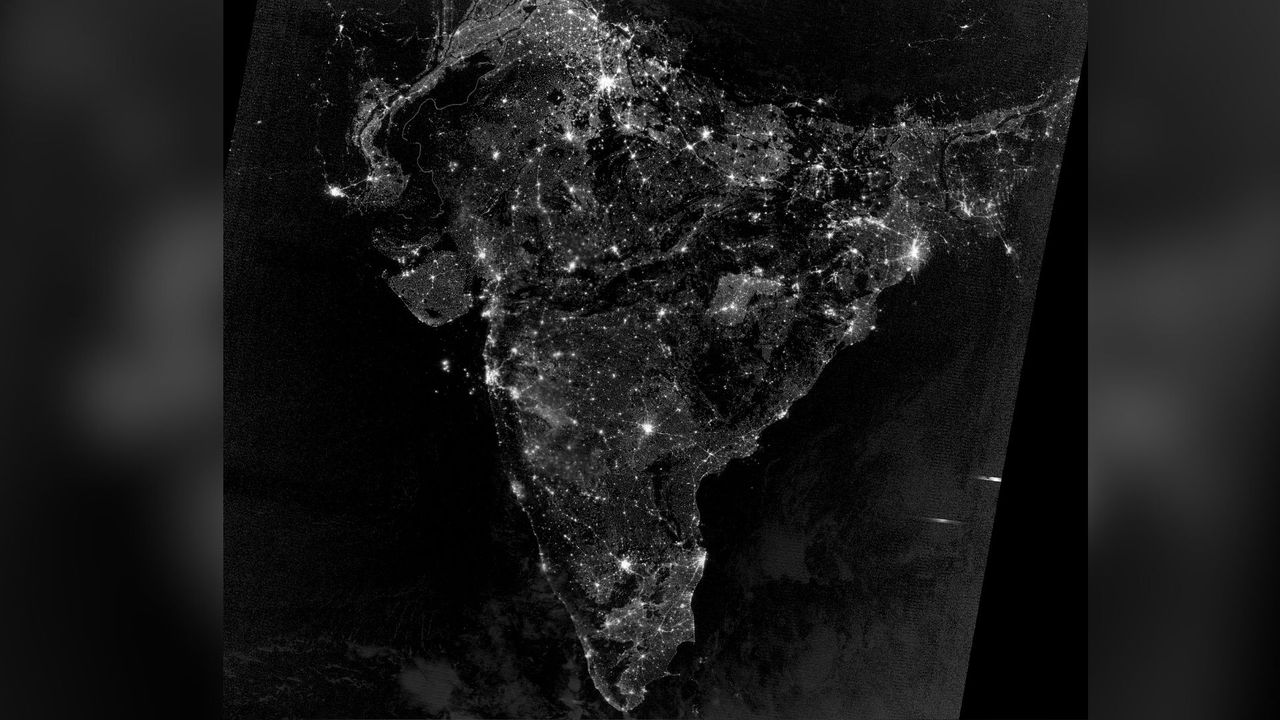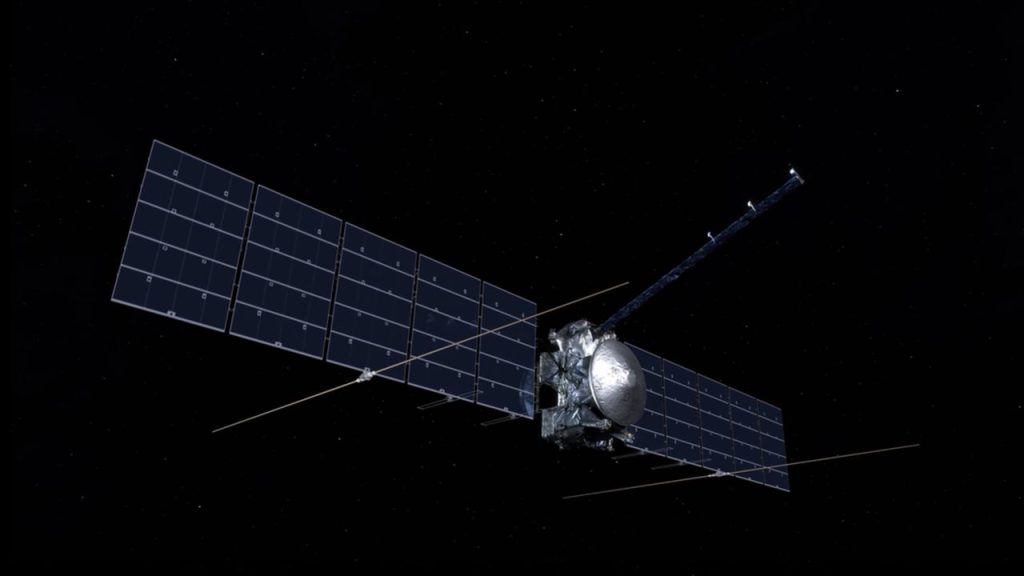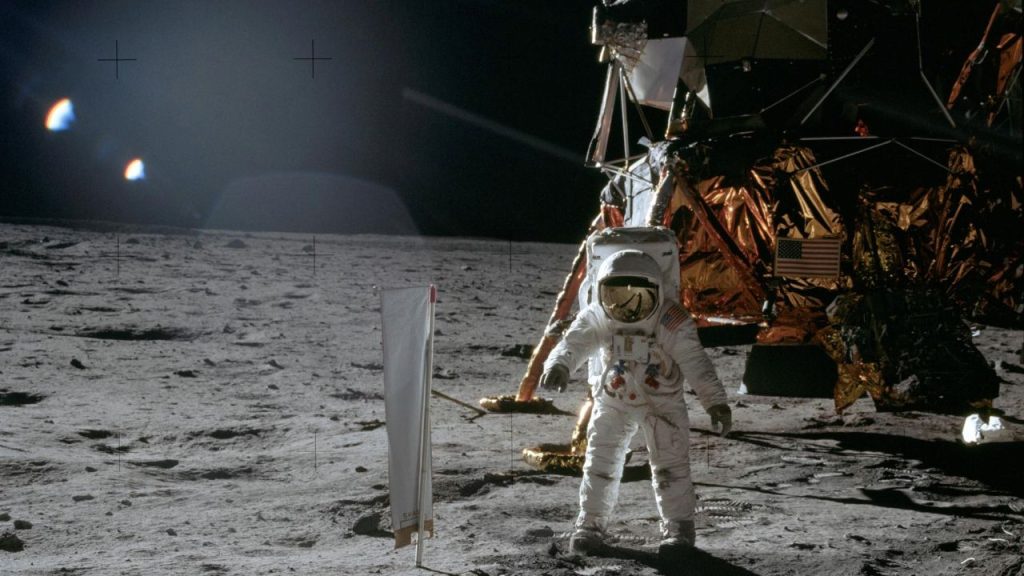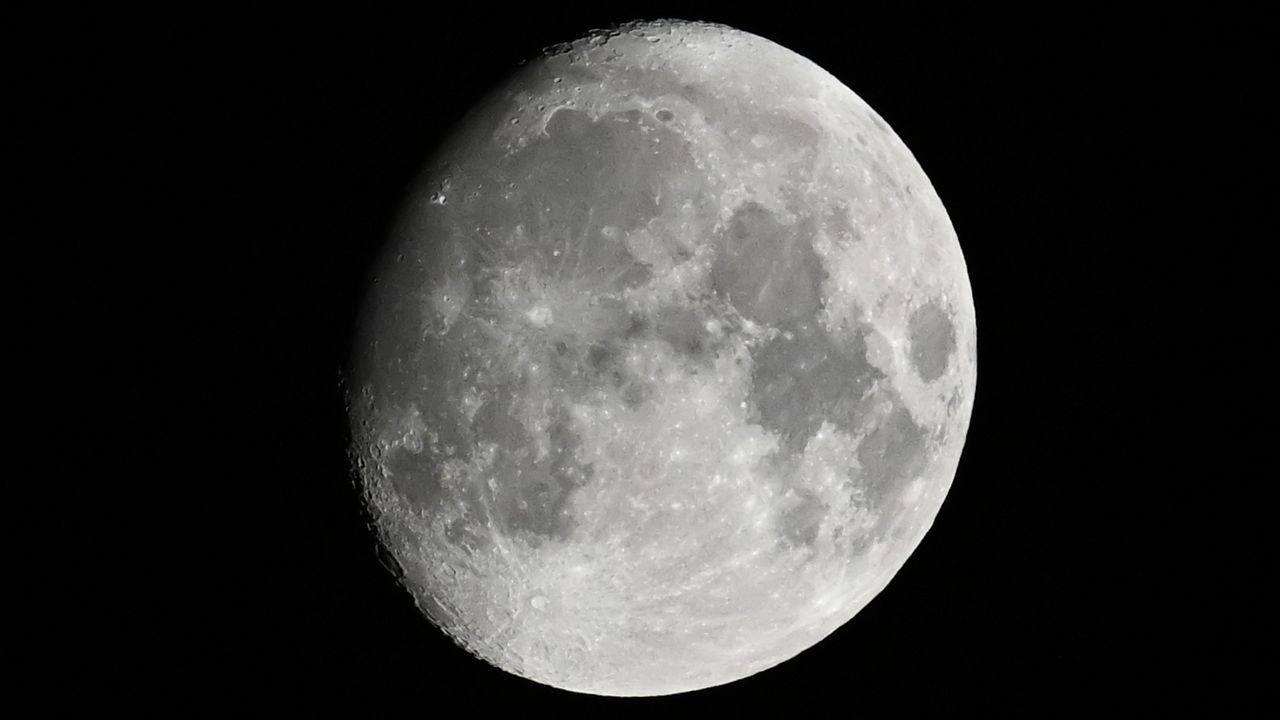Now Reading: Democratizing Space’ Sparks Debate on Sustainability and Sovereignty
-
01
Democratizing Space’ Sparks Debate on Sustainability and Sovereignty
Democratizing Space’ Sparks Debate on Sustainability and Sovereignty

Quick Summary
- India achieved a landmark in August 2023 by becoming one of the few countries to land on the Moon, marking both scientific and cultural importance.
- Over the past decade, multiple new space programs have emerged globally, including those from African nations and other historically underrepresented players.
- Countries like India and Israel now actively engage in lunar exploration alongside conventional dominant actors like the U.S., Europe, and China. This shift fosters democratization in space exploration.
- However, inequalities among space agencies persist due to disparities in funding-large players such as the U.S. dominate convention-setting for satellite navigation systems, landing sites, and resource extraction protocols. Smaller nations may remain overlooked despite contributions via CubeSats or cooperative missions.
- The expansion of participants raises challenges related to sustainability-including managing satellite proliferation that contributes to orbital debris-and tension over Indigenous claims arising from infrastructure requirements for launches on contested lands.
- Inclusivity-focused efforts like “Dark and Quiet Skies” seek to balance accessibility wiht stargazing preservation amidst rising commercialization pressures (e.g., broadband internet).
- Space exploration presents ethical dilemmas regarding ownership versus equity while compelling global dialogues on long-term goals beyond technological or economic ambitions.
Indian Opinion Analysis
India’s accomplished moon landing adds momentum to its growing stature within global space activity while broadening participation beyond past superpowers like the USA or China-a trend emblematic of a more democratized “space race.” For India specifically, this achievement signifies not onyl scientific progress but also an upliftment of national pride aligned with global prestige narratives.
Yet complexities remain: inequities tied predominantly toward infrastructural allocations under discussion globally frequently allow disproportionate impact relative perhaps akin larger-program level projects emerging competitors poised domestic subtle persistence geopolitical classifications future world order




























